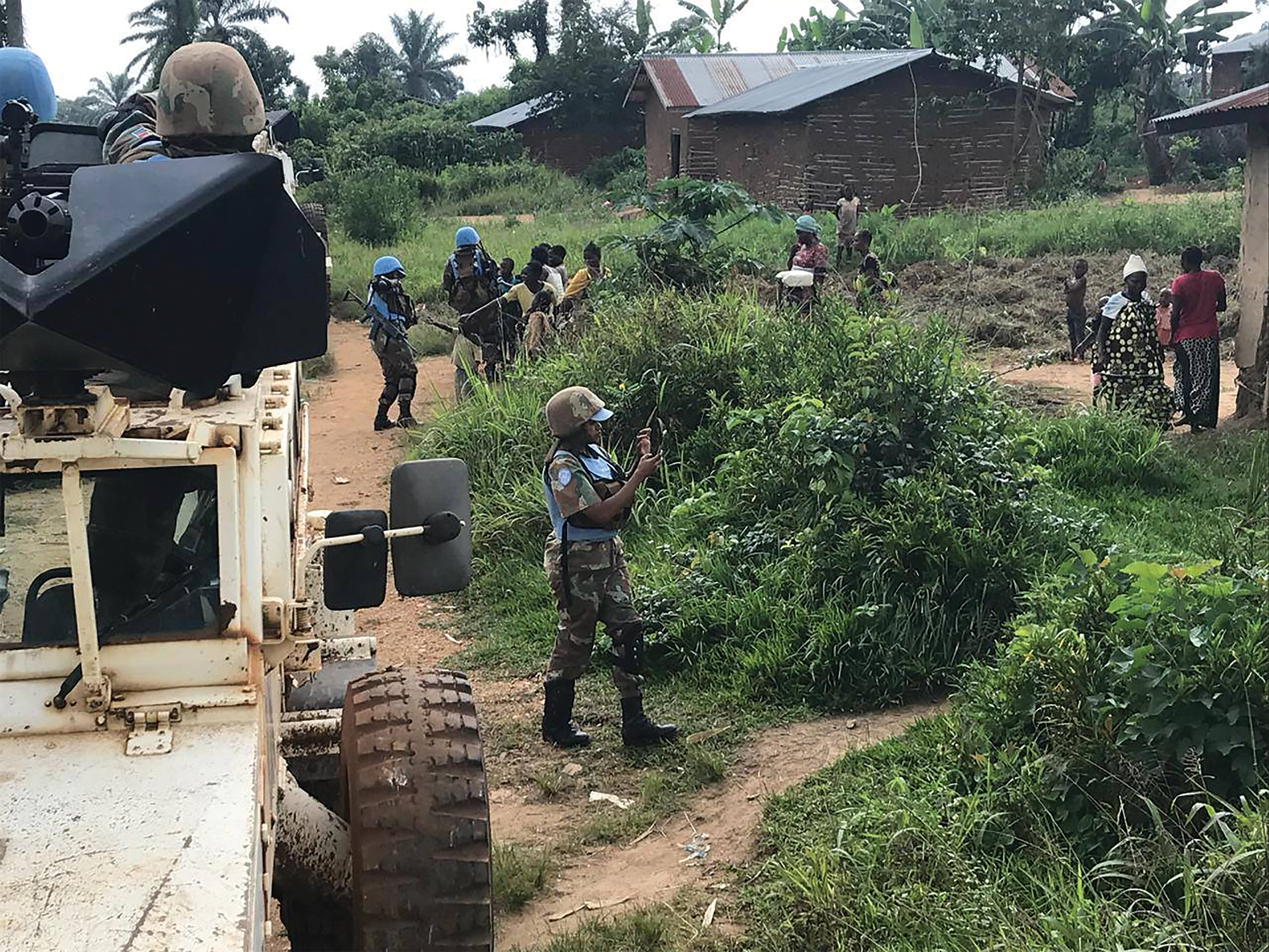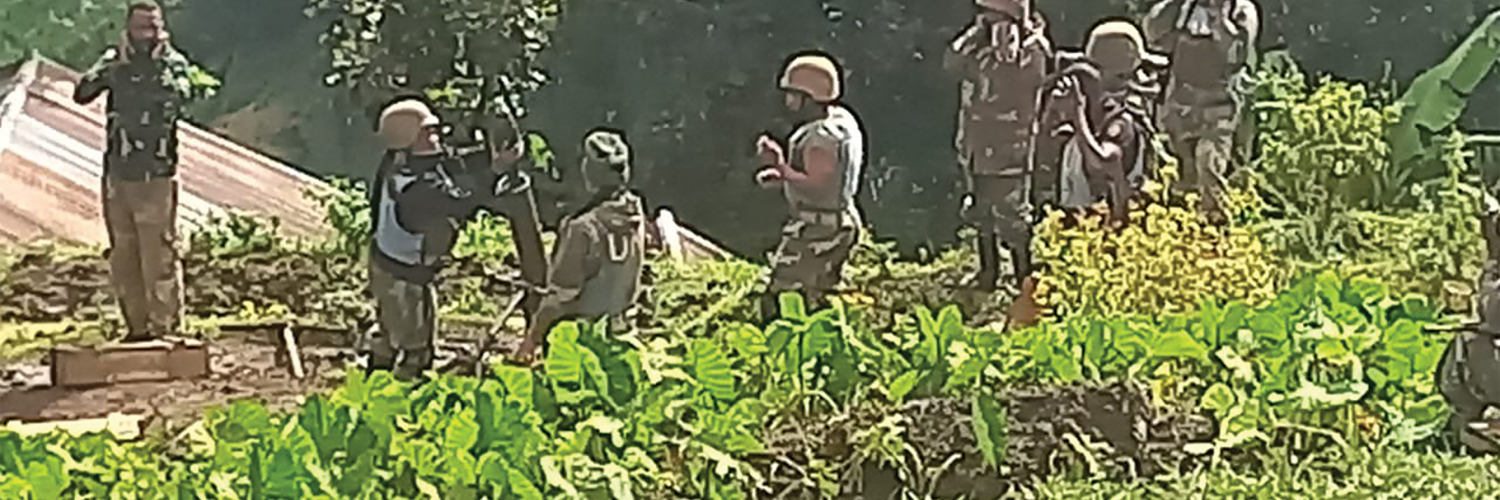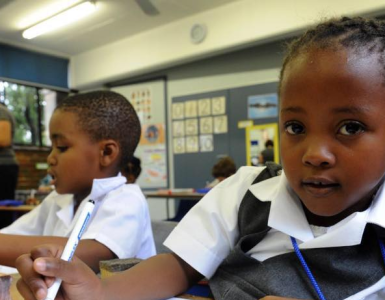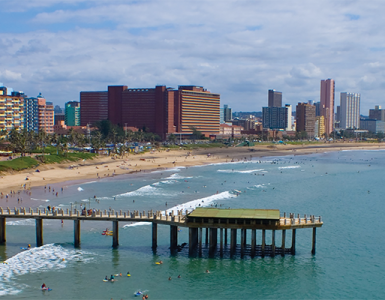CONFLICT: SANDF probes two more fatal shootings as Congolese bishop slams DRC neighbours for shameless looting…
By Lehlohonolo Lehana
The South African National Defence Force today confirmed two of its soldiers had died in a shooting incident, thought to be a murder suicide, in the Democratic Republic of the Congo.
“The incident occurred when one of them shot and killed the other with their service weapon before turning the weapon on themselves with fatal consequences,” the SANDF said in a statement.
This brings to four the number of SANDF troops killed in the DRC in four weeks. Last month two SANDF soldiers – Captain Simon Bobe and Lance Corporal Irven Semono – died following a mortar bomb attack inside one of the South African contingent’s military bases in DRC.Three others troops sustained injuries during the incident.
The defence force revealed that it has convened a board of inquiry to work with the United Nations Organisation Stabilisation Mission in the Democratic Republic of the Congo (MONUSCO) command to investigate the circumstances surrounding the incident.
Defence and Military Veterans Minister Thandi Modise has since expressed her “shock” at the incident. The soldiers’ bodies are expected to be repatriated to South Africa “in due course”.
“All families have been informed of the unfortunate incident,” the statement further reads. In February, at least 2900 SANDF soldiers were deployed to provide support in combating illicit armed factions in the eastern region of the DRC.
Meanwhile, the Catholic Church’s Fridolin Cardinal Ambongo has condemned countries that neighbour the DRC for working in cahoots with multinationals to rob the country of its natural resources. As a result, large parts of DRC are experiencing protracted violence, the Archbishop of DRC’s Catholic Archdiocese of Kinshasa has said, and called on the international community to help in restoring the Central African country’s territorial integrity. Cardinal Ambongo asserted that peace in the embattled region would only be achieved if the country’s neighbours were made to stop their “shameless predation” of its natural resources.
“Aggressors and multinationals have joined forces to lay their hands on the Congo’s riches, to the detriment of and in contempt for the dignity of peaceful Congolese citizens, created in the image and likeness of God. How far would this contempt go? How far would the trivialization of human life, however sacred, go?” the Congolese bishop said during the Holy Mass he presided over at Our Lady of Congo Cathedral a week ago. – Fullview and ACI Africa
MOZAMBIQUE CRISIS WORSENS AS FAMILIES FLEE VIOLENCE
MAYHEM: United Nations body assists thousands stranded after armed group attacks in Northern parts of South Africa’s neighbour…
By Own Correspondent

GENEVA – The UN Refugee Agency today expressed deep concern about the escalating humanitarian crisis in the northern Mozambican province of Cabo Delgado, as the recent surge in violence by armed groups continues to force thousands of people to flee towards southern districts in search of safety.
Addressing a press briefing in Geneva earlier today, UNHCR spokesperson William Spindler said since the latest outbreak of violence and attacks on civilians at the beginning of February, more than 70 000 people had been forcibly displaced across the districts of Macomia, Chiure, Mecufi, Mocimboa da Praia, and Muidumbe.
In Chiure district alone, over 56 000 people were affected while more than 33 000 others are reported to have crossed into Nampula Province. “Nearly 90 per cent of those displaced are women, many of them pregnant, people with disabilities, and the elderly. More than half of the newly displaced are children,” Spindler said. “This underscores the urgent need for targeted assistance and protection measures to address the needs of vulnerable populations”.
He added that the violence had also been marked by extensive destruction of residential areas and religious and community facilities such as schools and health centres, further exacerbating the already dire humanitarian situation in Mozambique, where over 709 000 people remain internally displaced due to violence perpetrated by non-state armed groups and the impact of the climate crisis.
Affected families had sought refuge in displacement sites and host communities in Nampula Province, which also hosts approximately 8 000 refugees and asylum-seekers in the Maratane Refugee Settlement. UNHCR and other partners were providing core relief items, including blankets, sleeping mats, mosquito nets, jerrycans, buckets, solar lamps, kitchen sets and plastic sheets to the newly displaced people. Relief organisations will also screen and register people with specific needs for support and assistance.
“Additional interventions are being planned and discussed with local authorities in the areas of water and sanitation, general protection, shelter, health/nutrition, and food security, however lack of funding is hampering the response,” Spindler said.
Conflict erupted in Mozambique’s northern Cabo Delgado province just a few years after some of Africa’s biggest gas reserves were discovered in the Rovuma Basin off the coast. Mozambicans see this as no coincidence, according to a study by the Institute for Security Studies and the Judicial Training Institute of Mozambique in Cabo Delgado.
Both organisations say their extensive research shows that citizens blame the discovery and bad governance of resources, notably natural gas and rubies, for the escalation of terrorism in the province. More than 4 000 people have been killed and 800 000 displaced due to the insurgency that broke out at the end of 2017.
In a survey of 309 people and 28 key informants, nearly half of the respondents told researchers that natural resources escalated the crisis – especially since announcements of US$60 billion (R1,1 trillion) investments in liquid natural gas came with promises of huge wealth and opportunity for the country. But locals feel marginalised by corrupt elites.
Some local inhabitants have lost their land and livelihoods to the gas infrastructure built onshore. They told researchers that they were doubtful that these projects would reduce poverty and improve services.
UNHCR, which has had a presence in Mozambique since the 1980s, has reiterated its commitment to continue to work closely with local authorities, humanitarian partners, and host communities to address the urgent needs of displaced people, providing protection, shelter and essential assistance to those affected by the conflict in Cabo Delgado.
UNHCR’s total requirement in Mozambique is $49 million (R934 million), which is currently only 17 per cent funded.





























